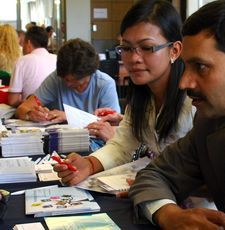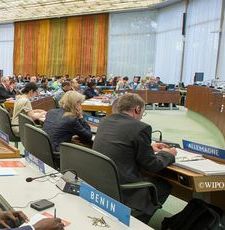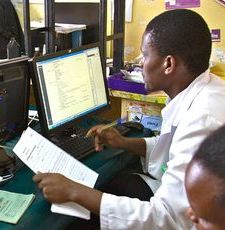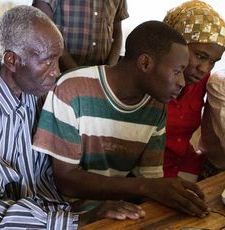ABOUT THE RESOURCE
NOTE - This resource was updated again in September 2025. You can download the September 2025 version here, or view it online.
This is an updated version of the EIFL Digital Research Literacy Training Programme Outline for Librarians, first published in November 2020. We have added new resources to the training programme outline, including recordings and slides from a series of webinars (2021) that provided practical advice, ideas and tips for librarians who conduct digital research literacy training for students and researchers.
Digital research literacy comprises the skills, knowledge and understanding required to produce quality research outputs in a digital environment. Libraries offer a variety of training programmes for faculty and students; however, an EIFL survey conducted in 2018 across 36 EIFL partner countries found that the only two topics well familiar to librarians were ‘Research process’ and ‘Writing articles and reusing content’. All other digital research literacy topics remained largely undiscovered.
To enable university and research libraries to help researchers and students produce quality research outputs, EIFL compiled this digital research literacy training programme outline. The training outline is organized according to the research cycle: Discover, Manage Research Data, Publish, Disseminate and Increase Visibility, and Measure Impact. Each section gives an overview of the topic, what the trainer should cover, and what the learner should gain by the end of the training. Each topic includes ‘Resources for facilitators and learners’, with useful material that trainers and learners can use to improve their own knowledge or use in their own training.
The training programme outline is being well-used - see what librarians have to say about using it.
We would like to acknowledge and thank all the universities whose resources are included in this training programme outline, and the people who gave presentations and shared their expertise through our series of webinars.
SHARE / PRINT









